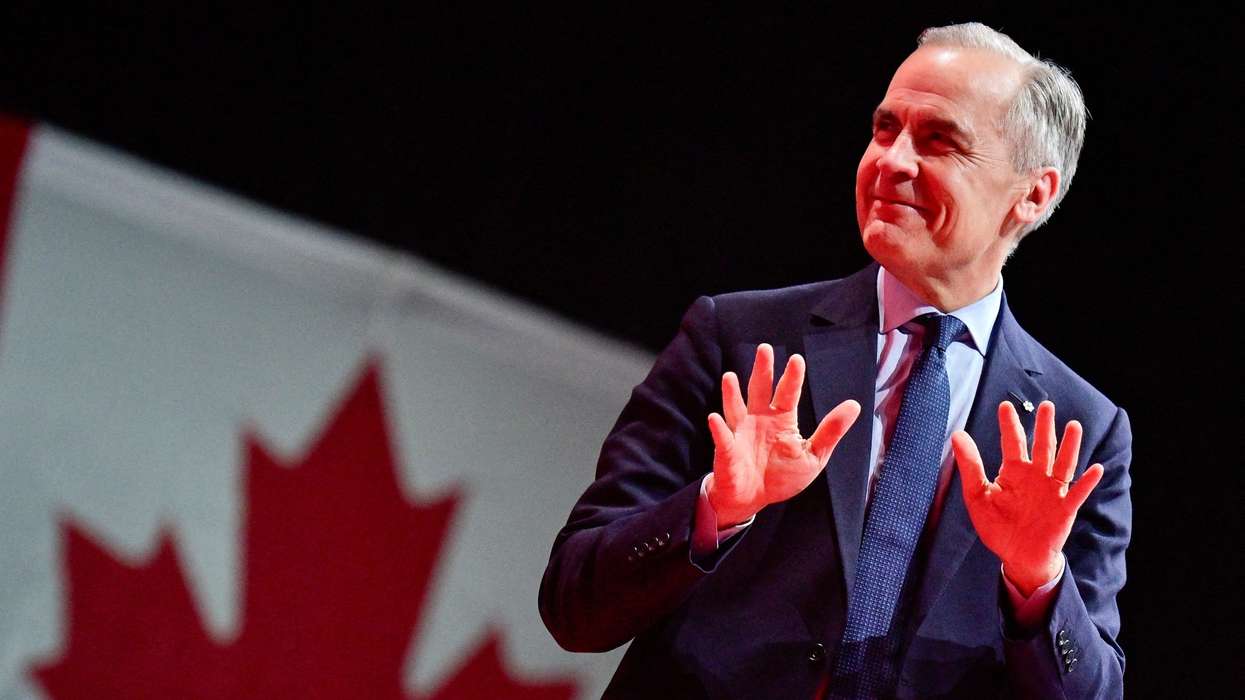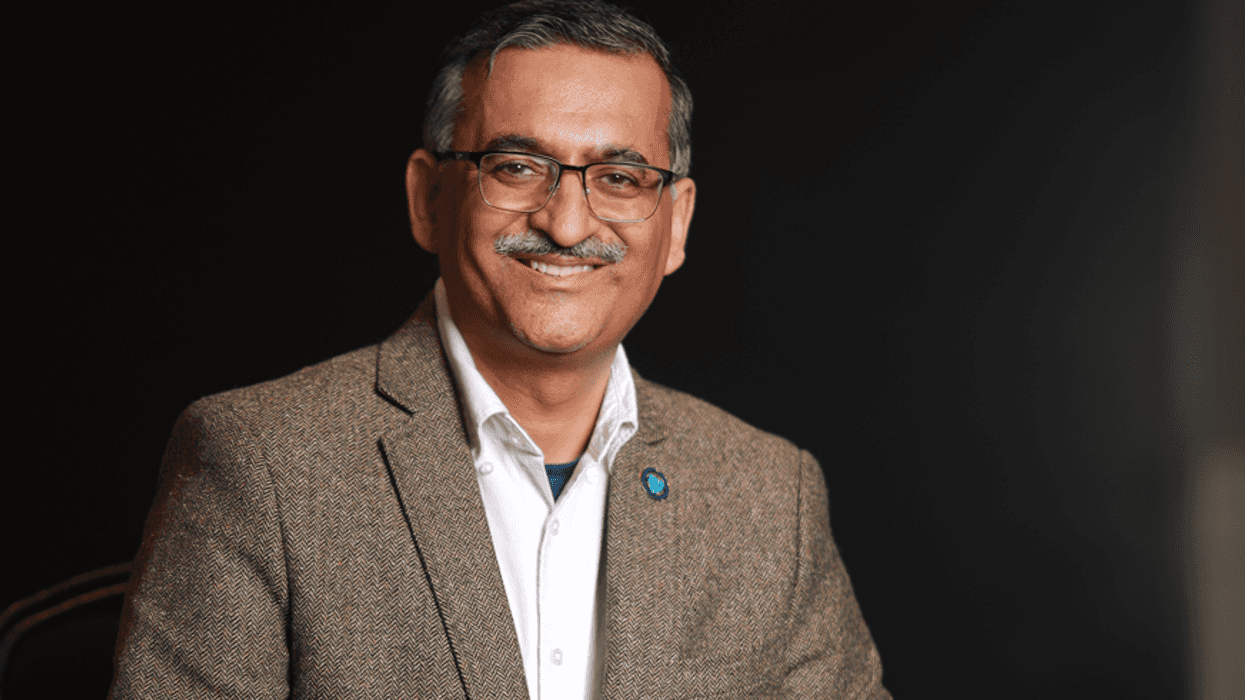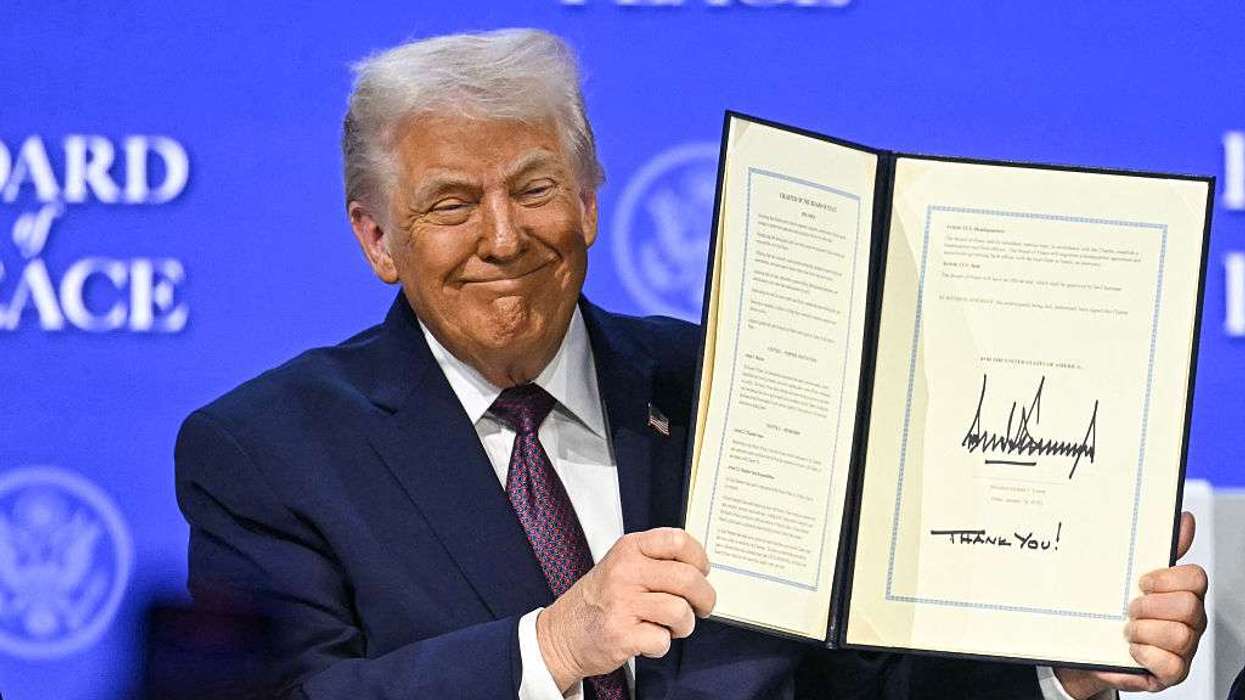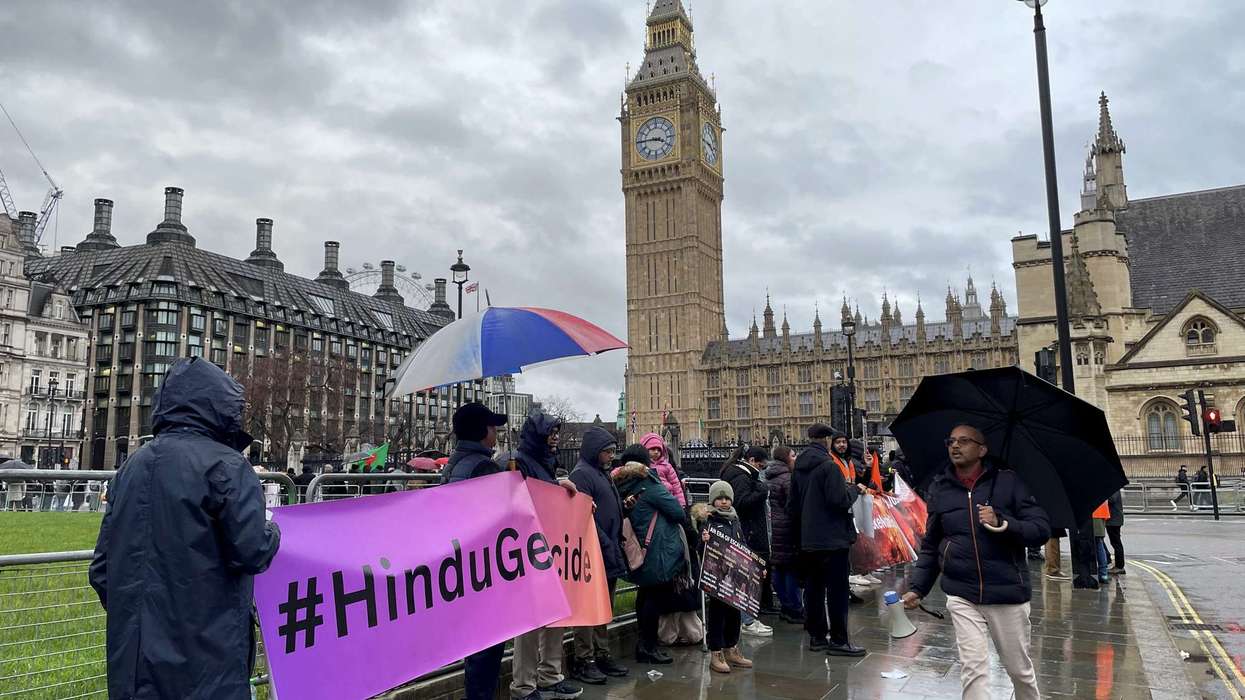CANADIAN prime minister Mark Carney's Liberal Party has won a minority government in Monday’s election, falling short of the majority needed to govern without support from other parties.
The Liberals were elected or leading in 167 electoral districts, with the Conservatives trailing at 145. A majority in the 343-seat House of Commons requires 172 seats.
“Our old relationship with the United States, a relationship based on steadily increasing integration, is over,” Carney said in his victory speech in Ottawa.
“The system of open global trade anchored by the United States, a system that Canada has relied on since the Second World War, a system that, while not perfect, has helped deliver prosperity for our country for decades, is over. These are tragedies, but it's also our new reality.”
Carney said the coming months would be difficult and would require sacrifices.
Polling firm Angus Reid Institute president Shachi Kurl told Reuters the Liberals' victory was due to three key reasons. “It was the 'anybody-but-Conservative' factor, it was the Trump tariff factor, and then it was the Trudeau departure ... which enabled a lot of left-of-centre voters and traditional Liberal voters to come back to the party,” she said, referring to the resignation of former prime minister Justin Trudeau.
Carney had campaigned on a tough stance against Washington over import tariffs and proposed major spending to reduce Canada's economic dependence on the United States. The Conservatives, who had called for change after nine years of Liberal rule, performed more strongly than expected.
Minority governments in Canada rarely last more than two and a half years.
Conservative leader Pierre Poilievre conceded defeat and said his party would hold the government to account.
The result marked a significant turnaround for the Liberals, who were trailing by 20 points in January before Trudeau stepped down and former US president Donald Trump began raising tariff and annexation threats.
“America wants our land, our resources, our water, our country,” Carney said. “These are not idle threats. President Trump is trying to break us so America can own us. That will never ever happen.”
Trump's statements triggered a wave of patriotism that helped rally support for Carney, a political newcomer and former head of two G7 central banks.
Last week, Trump raised the possibility of a 25 per cent tariff on Canadian-made cars, saying the US did not want them, and previously suggested using “economic force” to make Canada the 51st state.
Carney said his experience with economic matters made him best positioned to respond to Trump, while Poilievre focused on cost-of-living issues, crime and housing.
On Monday, Trump repeated his position in a social media post. “Good luck to the Great people of Canada,” he wrote. “Elect the man who has the strength and wisdom to cut your taxes in half, increase your military power, for free, to the highest level in the World, have your Car, Steel, Aluminium, Lumber, Energy, and all other businesses, QUADRUPLE in size, WITH ZERO TARIFFS OR TAXES, if Canada becomes the cherished 51st. State of the United States of America. No more artificially drawn line from many years ago.”
Rising tensions with the US led many supporters of the New Democratic Party and the Bloc Quebecois to switch to the Liberals. NDP leader Jagmeet Singh conceded defeat in his district and said he would resign as party leader.
The Conservatives made gains in the Toronto region, blocking a Liberal majority. Poilievre was trailing in his own Ottawa-area district as counting continued.
“We didn’t quite get over the finish line yet,” Poilievre said. “We know that change is needed, but change is hard to come by. It takes time.”
The Liberals are the last party to win four consecutive elections in Canada, last doing so in 2004.
(With inputs from Reuters)





